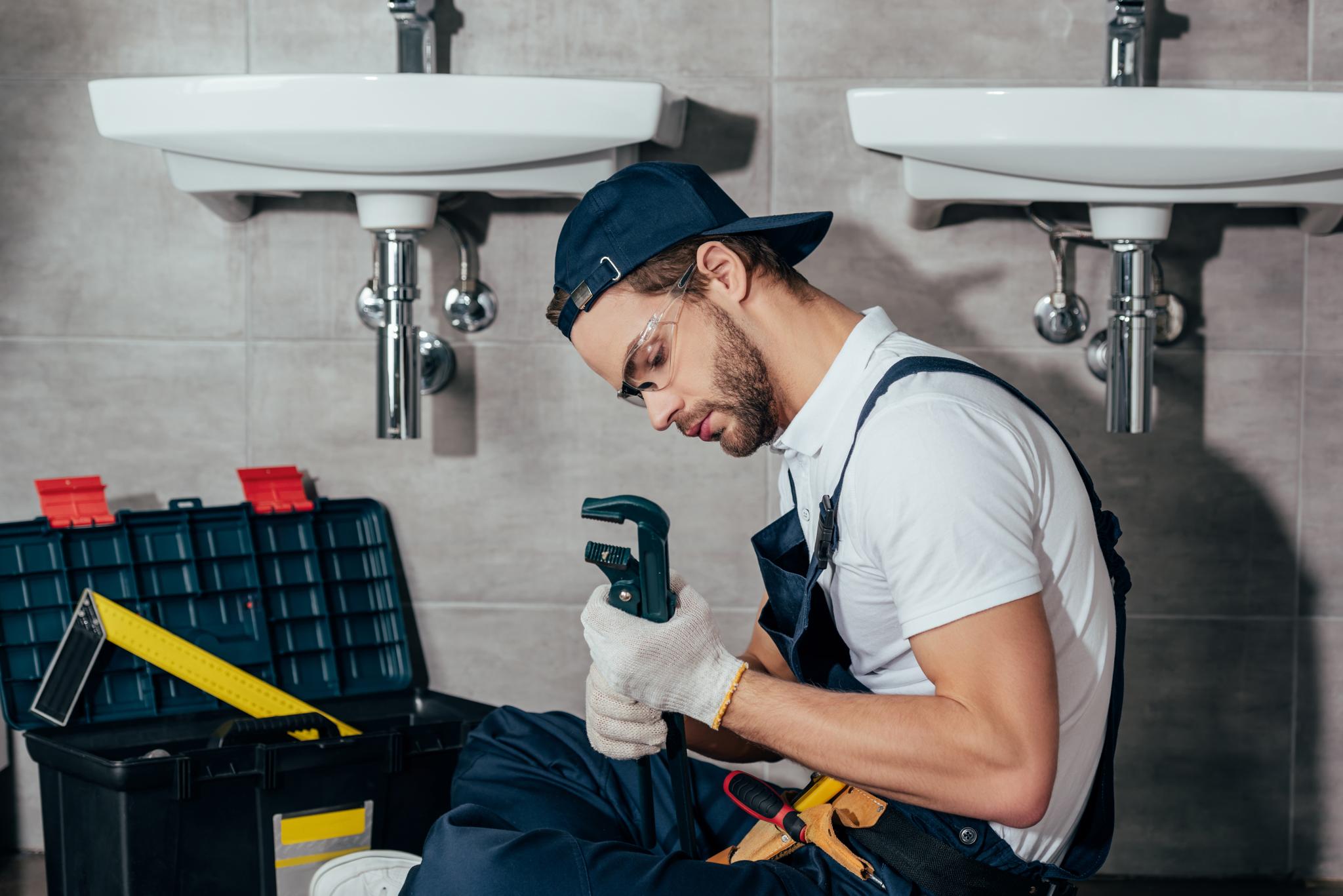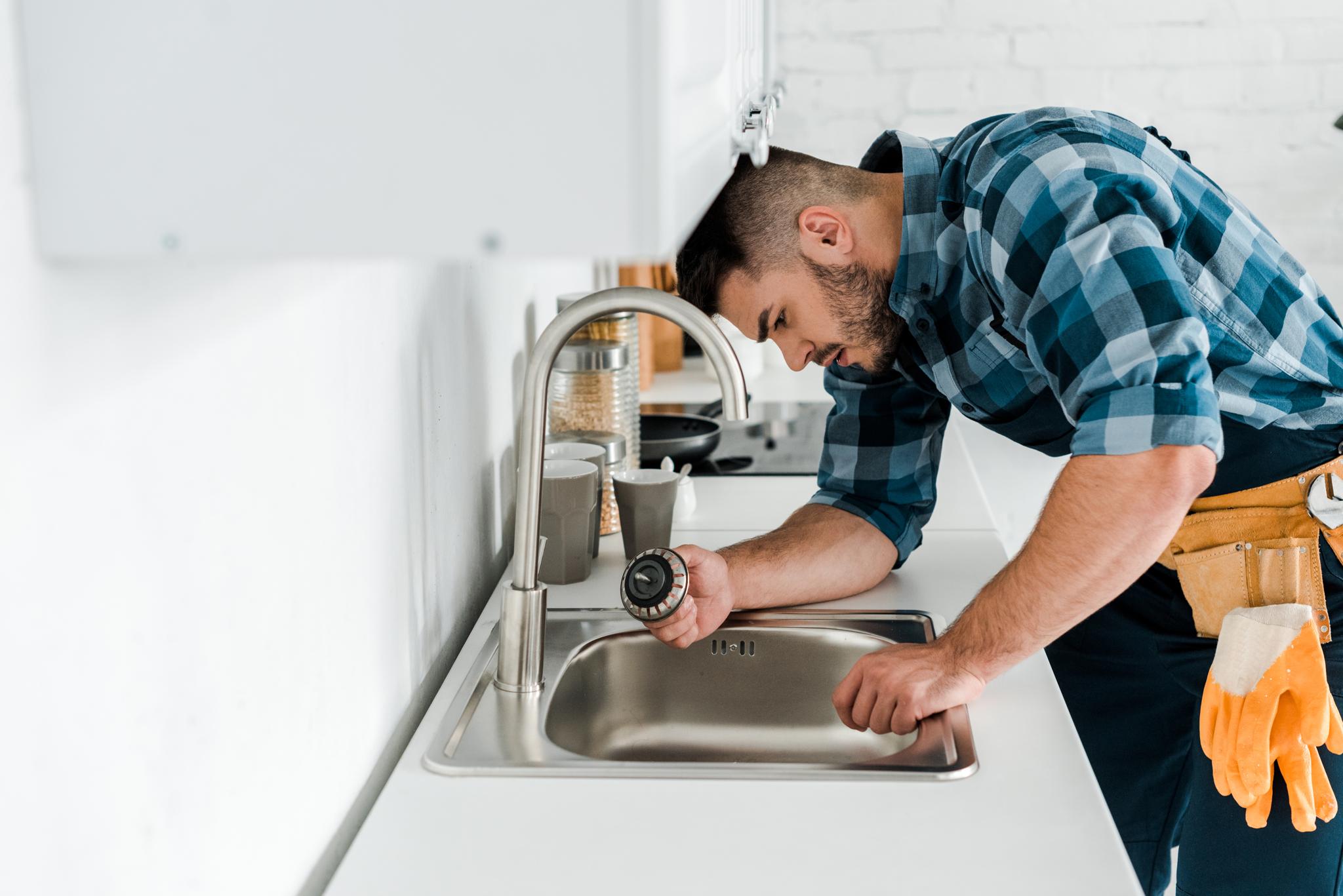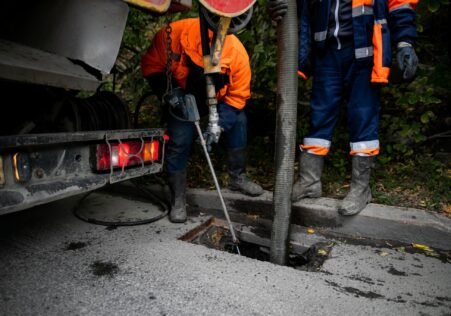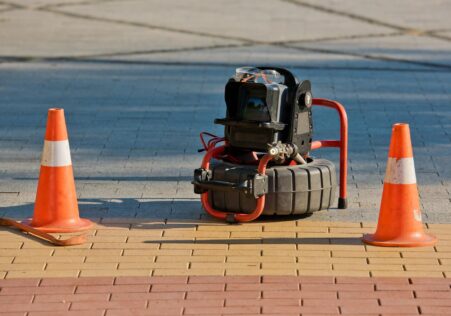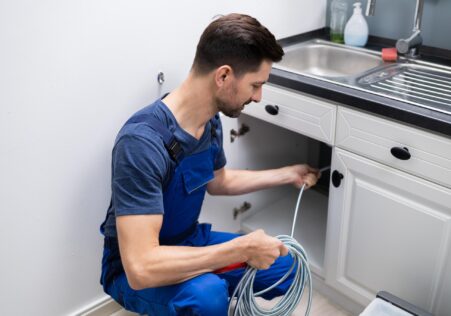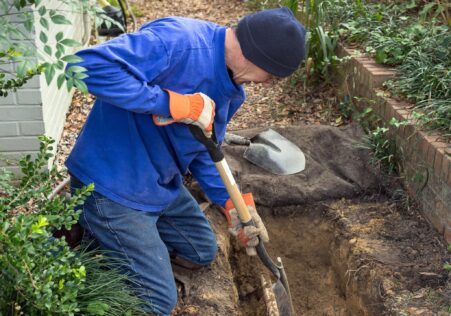How to Keep Your Drains Clean and Prevent Future Blockages
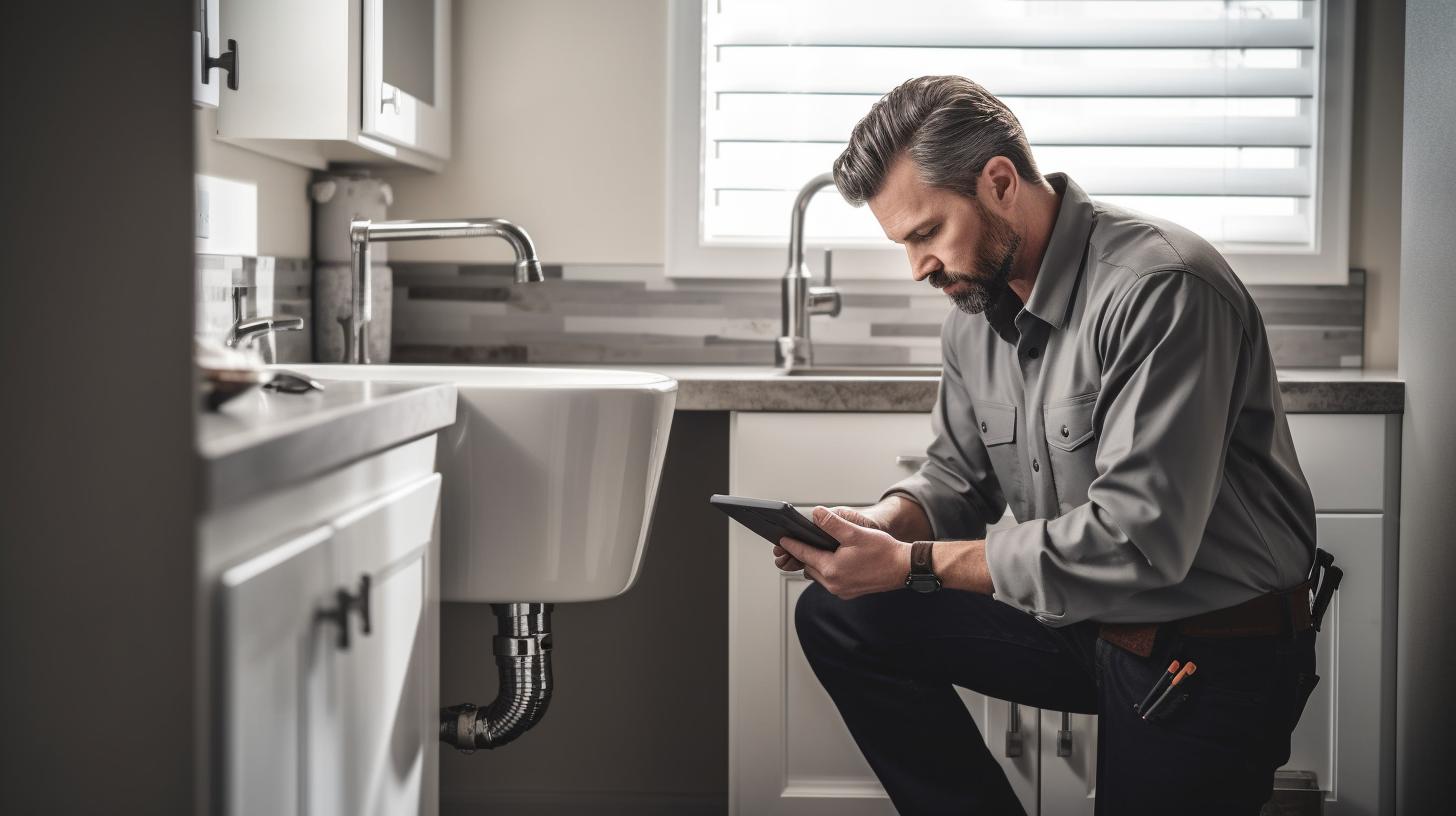
Are you tired of dealing with clogged drains in your home or office? Do you want to learn ways to prevent further blockages and keep your drains clean? Here, we’ll discuss some tips and tricks to help you maintain clean drains. We will also provide reasons the importance of hiring experts like Sydney Blocked Drain Plumbing for the job.
Key Takeaways
- Common causes of blockages in drains are soap and hair buildup, food waste sticking to grease buildup, toiletries being flushed down the toilet such as baby wipes products for feminine hygiene, dental floss or cotton swabs and tree roots extending in pipes outside the house.
- Utilize a strainer or hair catcher on the drain to stop food waste or hair from going down the drain.
- Dispose of food waste properly by dumping food scraps into a compost bin or trash bag, instead of flushing them into the drain.
- Perform periodic maintenance clean-ups by pouring boiling hot water slowly down your sink, shower or tub drains a couple of times a week when they’re relatively clear.
- Use equal parts baking soda and vinegar then put it in the drain’s opening for an easy method to remove the grease buildup forming on sewer pipe walls, which can create obstructions. Wait 30 minutes and then pour hot water into the drain.
- Contact Sydney Blocked Drain Plumbing for help with regular maintenance of the septic tank, sewer system or pipes in the outside of your home to make sure they’re operating effectively and in a timely manner.
- Do not use drain cleaners that contain chemicals because they can harm the pipes over time and cause harm to the environment.
- Beware of flushing items that are not compostable, such as paper towels, cotton swabs or dental floss. Also, avoid flushing feminine hygiene products down your toilet because this could cause costly repairs in sewers or septic tanks.
- Pay attention to abnormal smells coming from drains, the slow drain, the sound of gurgling or other unusual activity which could indicate a clogged drain that needs to be addressed immediately.
Common Causes of Drain Blockages
Before we go into the best practices and rules, it’s essential to understand why drain obstructions occur initially. Here are some of the most common causes:
- Scum and hair build-up in the bathroom drains
- Food waste that is stuck to grease the buildup of kitchen drains
- Toiletries that are flushed down the drain like baby wipes, feminine hygiene products, dental floss, or cotton swabs
- Tree roots growing into pipes in the exterior of the house
These causes can result in serious damage over time if not addressed. However, there are ways to tackle each of them and ensure your drains run effortlessly.
Dos
1. Use a strainer or hair catcher
A hair strainer or hair catcher is a perfect fit over your drain opening and prevents food waste or hair from going down the drain. Be sure to wash them on a regular basis.
2. Dispose of your kitchen waste
Place food waste in an organic compost bin or trash bag, instead of flushing them down the drain. Rinse dishes with hot water while washing dishes.
3. Make sure you are performing routine maintenance cleaning
Every week, Pour boiling water slowly down your drain, shower or bathtub drains once they’re clean. This will help prevent any build-up of material from clogging the drain completely.
4. Make use of baking soda and vinegar.
Mix equal amounts of baking soda and vinegar (usually half one cup each) then slowly pour it into the drain opening for a natural way of de-greasing blockages that build up on the sewer pipe’s walls which result in obstructions. After 30 minutes, pour hot water down the drain.
5. Speak to a specialist
Find a reputable plumber like Sydney Blocked Drain Plumbing to perform regular inspections of septic tanks sewer lines or pipes outside the home to be sure that they function properly and effectively.
Don’ts
1. Don’t use chemical drain cleaning products.
Chemical drain cleaners may cause damage to your pipes over time. They even harm the environment. They can also pose a risk when combined with other products for cleaning.
2. Don’t flush anything that is not decomposable in the toilet.
Beware of flushing non-decomposable products into your toilet such as paper towels, cotton swabs and dental floss as well as feminine hygiene products since they are not able to disintegrate naturally and instead result in costly repairs to the sewers or septic tanks.
3. Don’t overlook warnings
If you are noticing unusual smells coming from drains, slow drainage, gurgling sounds or other unusual activity, it could indicate a clogged drain which needs immediate attention.
| Do’s | Don’ts |
|---|---|
| Use a strainer or hair catcher | Use chemical drain cleaners |
| Properly dispose of kitchen waste | Flush non-decomposable items down the toilet |
| Perform regular maintenance cleaning | Ignore warning signs |
| Use baking soda and vinegar | |
| Call a professional like Sydney Blocked Drain Plumbing for help |
FAQ
When should I scrub my drains?
It is recommended to clear your drains each between six and a year. However, if you notice slow drainage or smelly odors emanating from your pipes, you should try to act as quickly as possible.
How can I make DIY methods for cleaning my drains?
There are many ways to fix your plumbing at home like pouring boiling water down your drain, using vinegar and baking soda or using a plunger. Be cautious about the materials and substances you use to drain your water and avoid any that may cause damage or harm to your plumbing system.
Can I prevent future blockages in my drains?
Regular inspections of your pipes will help prevent future blockages. Beware of flushing foreign objects down the drain, regularly wash hair from shower drains and install a sink strainer to catch food scraps before they go into the drain.
What is the best time to call an experienced plumber?
In the event that you’ve attempted DIY methods, but you still have slow-moving or blocked drains It is advised to contact an expert plumber for further assessment as there may be an underlying issue that needs to be addressed.
My drains keep getting clogged is this the sign of a larger issue?
The frequent clogging of drains could indicate more serious issues, such as tree roots infiltrating the pipes or collapsed pipes within your plumbing system. In such cases you should contact an experienced plumber like Sydney Blocked Drain Plumbing who can assess the issue and suggest the best way to proceed.
In the end, maintaining healthy drains is essential to every office or house. Use these guidelines immediately to prevent blockages from occurring and to ensure your drains flow freely. Remember that professional assistance is just an email just a phone call away. For more information about our plumbing services including unblocking drainage pipes CCTV drain inspection pipe relining, and general plumbing maintenance, call Sydney Blocked Drain Plumbing at # ###-###-#### or visit our website to find out more information. [(click here)] (https: //www. example.com/)
Additional Information
- Clean Drains, Happy Home: 10 Methods to Maintain Your Pipes Unclogged and Unobstructed
- CCTV Drain Inspections: The Key to Preventing Clogs and Other Plumbing Issues
- When to Schedule a Professional Drain Cleaning Service
- CCTV Drain Inspections: A faster, Accurate and Effective Means of Identifying Root Issues in Drains
- How CCTV Drain Inspection Helps in Saving Time and Money on Plumbing Repairs?
- Cut Costs and Hassle with Trenchless Pipe Replacement for Condos
- Easy and Safe Ways to Get Rid of a Stubborn Shower Drain Blockage
- The Most Complete Guide to Clearing Clogged Drains: What Plumbers Utilize
- The Benefits of CCTV Drain Inspection: Beyond Unclogging Pipes
- How CCTV Drain Inspections Help Avoid Water Damage and Health Hazards


